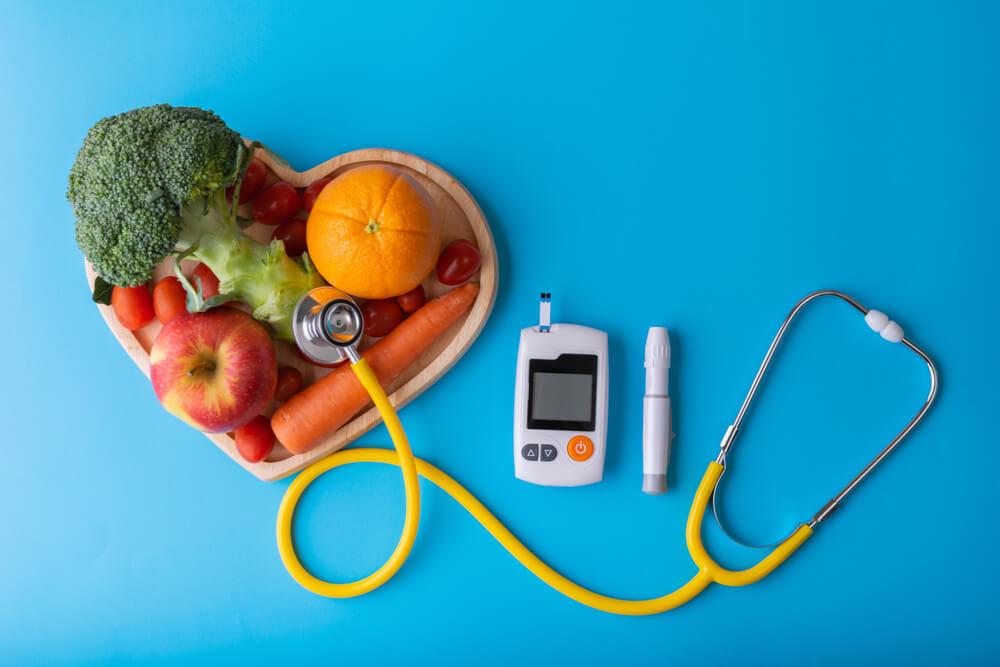
Everything you need to know about lactose intolerance
What is Lactose? Lactose, the sugar found in dairy products, is digested by the lactase enzyme. Lactase is produced in the
Older adults have an increased risk of vitamin B12 deficiency often due to atrophic gastritis (affects 10-30% of older adults), or pernicious anemia (affects 1-2% of older adults). Atrophic gastritis decreases hydrochloric acid secretion in the stomach, inhibiting the release
of vitamin B12 bound to protein in food sources, and potentially increasing the levels of bacteria that utilize vitamin B12. Synthetic vitamin B12 (in fortified foods and supplements) is in the free form so is still well absorbed by affected individuals. Pernicious anemia is an autoimmune disorder characterized by a lack of intrinsic factor, which usually binds to free vitamin B12 before it is absorbed in the small intestine. It is usually treated by intramuscular vitamin B12.
Individuals who suffer from gastrointestinal disorders (e.g. celiac disease and Crohn’s disease) or have had gastrointestinal surgeries (e.g. weight loss surgery) may have reduced vitamin B12 and folate absorption.
Vegetarians and vegans are at increased risk of vitamin B12 deficiency as natural food sources of vitamin B12 are restricted to animal sources.
Individuals who consume high amounts of alcohol are at increased risk of folate deficiency, partly due to poor diets that are commonly associated with alcohol use disorder. In addition, alcohol inhibits proper folate absorption, accelerates folate breakdown, and increases its excretion from the body.
Pregnant women have an increased risk of folate deficiency, due to the increased demands for folate required for the developing fetus. The recommended daily intake increases from 400 mcg DFE/day for non-pregnant women to 600 mcg DFE/day during pregnancy. All pregnant women, as well as those trying to conceive, should take vitamin supplements that include folic acid to reduce the risk of neural tube defects and other complications.
A common genetic polymorphism in the MTHFR gene, known as 677C>T, is associated with an increased risk of folate deficiency, due to an impaired ability to convert folate to its active form, 5-MTHF. Supplementation with the active form of folate may benefit these individuals.
Certain medications can increase the risk of folate and vitamin B12 deficiency, including phenytoin, trimethoprim-sulfamethoxazole, methotrexate, and sulfasalazine for folate, and metformin, proton pump inhibitors (PPIs), antacids, long-term antibiotics, and antidepressants for vitamin B12.

With our easy-to-use at-home test kits, get conclusive answers about paternity, grandparentage, and other family relationships from the comfort of your living room.

What is Lactose? Lactose, the sugar found in dairy products, is digested by the lactase enzyme. Lactase is produced in the

Vitamins and minerals are considered essential micronutrients. They work together to perform hundreds of roles in the body and are

Type 1 diabetes is an auto-immune condition where the body attacks the beta cells in the pancreas that make insulin. The
